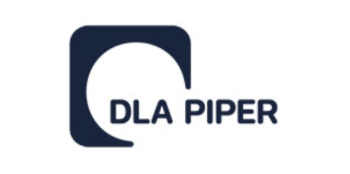The Court of Cassation recently ruled(1) on the issue of proof of damage incurred by a consumer as a result of an insurer's unfair competition practices, which resulted in the consumer having to pay higher motor third-party liability insurance premiums than would have been required had the offence not been committed.
The judgment follows from Italian Antitrust Authority Measure 8546/2000, which asserted that:
"the exchange of information [on motor third-party liability insurance] among several insurance companies considerably exceeded the purposes – both legal and physiological for companies in this sector – of notifying each other of significant data for the determination of the pure premium (i.e., the portion of the premium which is proportionate to the nature and amount of risks) to include sensitive data, which contribute to determining the amount of the commercial premium: that is, the premium effectively agreed in the policy, which includes, in addition to the pure premium, taxes, mark-ups for costs and overheads and, above all, the company's profit… This enabled the participating companies to 'quickly set up... a collusive market balance, even without explicit price agreements' and to 'adjust their strategies for the purpose of achieving a price balance associated with the highest joint profit for the industry as a whole, with serious damages to the correct operation of the market and to consumers'."
According to the court:
"[I]f it is true that the burden of providing the proof of the causal link [between the offence and the damage] is generally borne by the damaged party, it is also generally accepted that the proof may be provided through serious, precise and consistent presumptions, pursuant to articles 2727 and 2729 of the Italian Civil Code, and that the grounds for Measure no. 8546/2000 of the Italian Antitrust Authority include numerous assessments and findings, based on the data acquired during the preliminary investigation that preceded its decision, which at least offer assumptive proof of the disputed causal link."
Thus, should the insured submit the insurance policy and the administrative measure acknowledging the illegal agreement, the court may deduce the existence of a causal link between the offence and the damage based on a high logical likelihood and other presumptions, unless the insured provides evidence to the contrary.
In the case at hand, the insurer provided only general indications of the circumstances that allegedly provoked the increase in the price of motor third-party liability policies, without providing any concrete, specific explanation of the method used to calculate the insurance rates before, during and after the years in which the conduct penalised by the Antitrust Authority occurred; nor did it provide concrete information on the structure and amount of policy prices during the previous period or those in force in the European market.
For further information on this topic please contact David Maria Marino at DLA Piper Italy by telephone (+39 02 80 61 81), fax (+39 02 80 61 82 01) or email ([email protected]).
This article was first published by the International Law Office, a premium online legal update service for major companies and law firms worldwide. Register for a free subscription.
Endnotes
(1) Judgment 14027 of June 4 2013.



